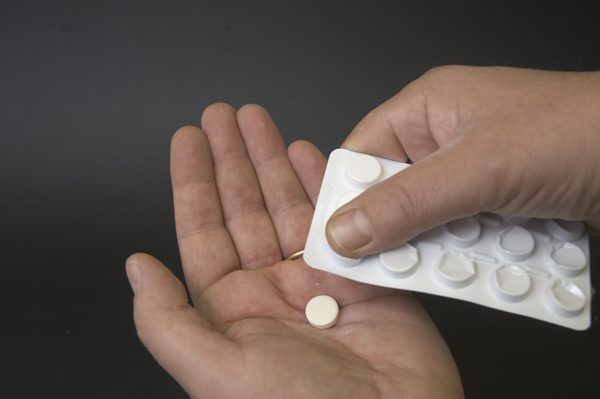Making the decision to enter a residential drug treatment facility is never easy.
Sometimes people continue in their addiction because their body has become physically addicted, and stopping causes painful withdrawal symptoms. For instance, someone physically addicted to alcohol may want to stop drinking, but when they do, they get the shakes and the only thing that will help calm the body down is another drink. This puts the person on a vicious cycle, having to have a drink to feel “normal” again, which often starts them on another bender. Certain substances, such as alcohol and heroin, are not only difficult to stop using once addicted, but also can cause death when abruptly stopped without professional monitoring. In these circumstances, medically assisted detox is necessary.
Detox is the first part of the recovery period, and medications may be an important part in helping the individual get through withdrawal. Medications for drug rehabilitation should not be used for an extended period of time, as these may cause yet another addiction for the individual to battle. All professionally disbursed medications for substance addiction treatment should be closely monitored. This is only one part of recovery and should be followed by counseling and other behavioral therapies.
Medications are used to reestablish normal brain functioning, to ease withdrawal symptoms, to help prevent relapse, and to lessen cravings. According to the National Institute on Drug Abuse, there are currently medications for opioid (heroin, morphine), tobacco (nicotine), and alcohol addictions. Medications for addictions to stimulants (cocaine and methamphetamines) and cannabis (marijuana) are being developed.
Here are some of the commonly disbursed medications for drug treatment and rehabilitation:
Methadone – Methadone is known as the most effective treatment for addiction to narcotics. It activates the same receptors as narcotics, alleviating withdrawal symptoms. The dose is then slowly tapered off, freeing the individual from physical dependence without the withdrawal symptoms.
Buprenorphine and Naloxone (Suboxone) – This is a combination medication that aids in detox from opioid addiction. Buprenorphine activates the opioid receptors in the brain, reducing cravings and preventing withdrawal symptoms, while Naloxone prevents misuse of the medication.
Naltrexone – Naltrexone is another opioid receptor-blocking medication. It works differently than methadone and Suboxone in that it does not activate the opioid receptors at all. Instead, it blocks the receptors, so that if the person uses opioid drugs, they will not feel the effects at all.
Benzodiazepines – Benzodiazepines such as Valium, Ativan, Serax, and Librium are commonly used to treat alcohol withdrawal symptoms.
Acamprosate – This drug is prescribed when there are long-lasting withdrawal symptoms associated with drug and alcohol detox such as anxiety, insomnia, and restlessness.
Disulfiram – Disulfiram is prescribed to patients after alcohol detox when they are stabilized. It is mainly for prevention of relapse. This medication makes the person feel nauseous and vomit if he or she drinks alcohol while taking it.
Bupropion – Bupropion is also known as Zyban, Wellbutrin, and Aplezin. This is a prescription antidepressant medication that helps reduce symptoms of nicotine withdrawal.
Varenicline – (Chantix) this is also a prescription medication to help people stop using nicotine. It works by interfering with the nicotine receptors in the brain.
Clonidine – Clonidine is FDA approved to treat high blood pressure. It is also used as an aid for nicotine cessation.
Detoxification is the first step in recovery. It is not a complete treatment for any addiction. After the detox period, the individual should be actively involved in a treatment program to prevent relapse and to learn new coping mechanisms so they can live life without the drug of choice.
If you or someone you love is suffering from addiction, get help as soon as possible. Please contact us at (814) 787-2200.
References:

